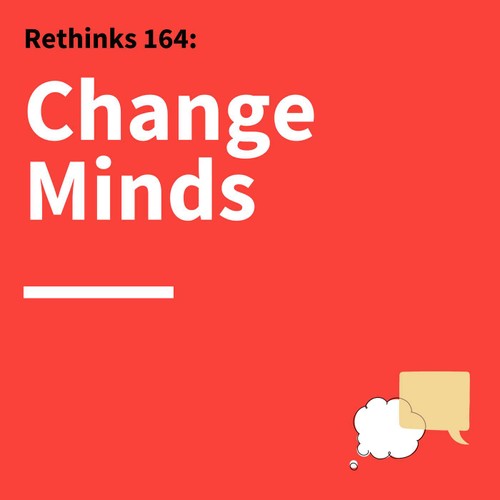
 Think Fast Talk Smart: Communication Techniques
Think Fast Talk Smart: Communication Techniques 164. Rethinks: Using "Pre-suasion" to Influence Others
342 snips
Oct 15, 2024 Robert Cialdini, an esteemed psychology and marketing professor, dives into the art of persuasion and 'Pre-suasion.' He explains how to change minds by changing frameworks, effectively priming audiences before delivering messages. Cialdini discusses the intriguing concept of FOMO and how subtle elements, like music, can sway consumer choices. He also reveals how social norms and effective word choices can significantly impact behaviors and perceptions, offering insights into human decision-making that everyone can leverage.
AI Snips
Chapters
Books
Transcript
Episode notes
Pre-suasion
- Pre-suasion involves focusing people on a motivator before delivering the main message.
- Prime your audience to be receptive to your message by directing their attention strategically.
Priming Example
- A furniture store used images of clouds and pennies to prime customers.
- Customers shown clouds preferred comfortable furniture, while those shown pennies preferred inexpensive options.
Wine Shop and Music
- A wine shop played either French or German music.
- Customers were more likely to buy wine from the corresponding country.




